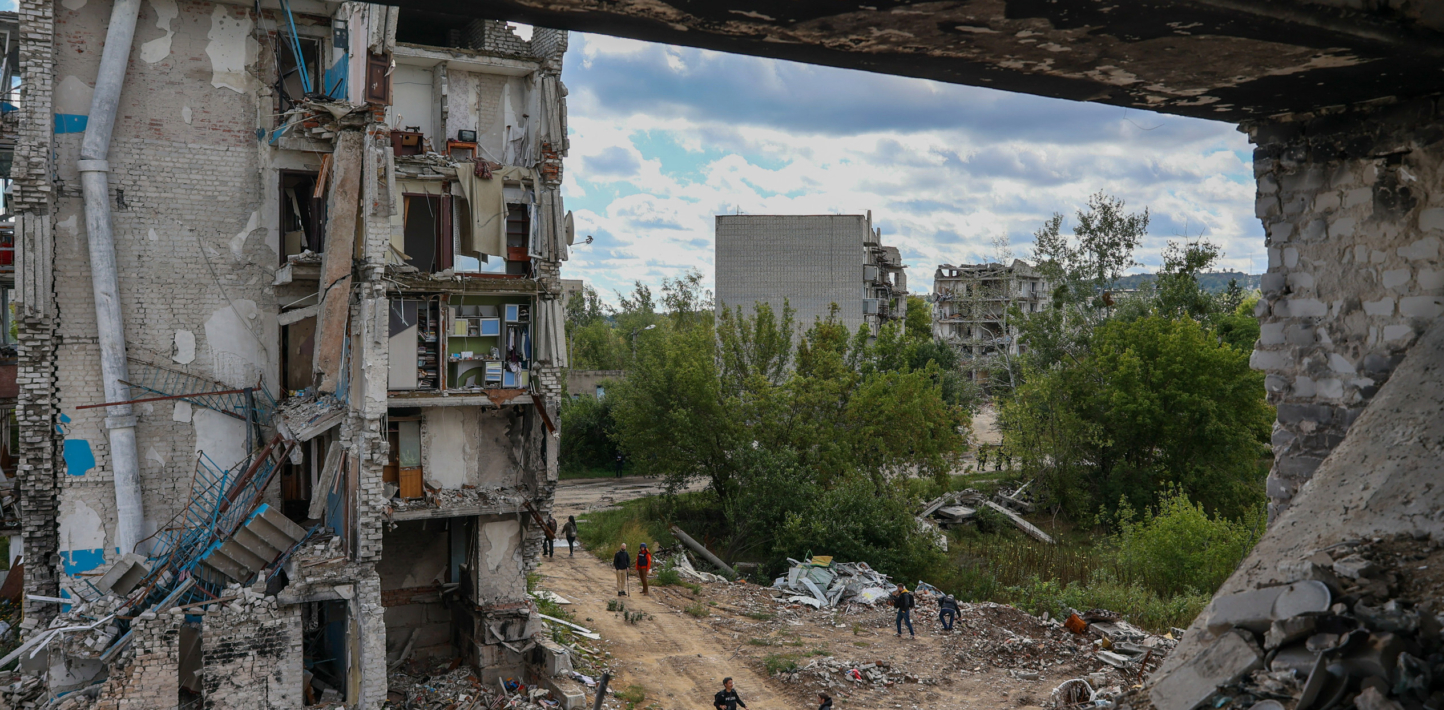Responding to news that the US is to transfer cluster munitions to Ukraine, Patrick Wilcken, Amnesty International’s Researcher on Military, Security and Policing issues said:
“Amnesty International has long stressed that cluster munitions are inherently indiscriminate weapons which have caused untold harm to civilians across the world – in some cases decades after conflicts have ended.
“Russia’s war of aggression has brought profound suffering to the people of Ukraine. It is the humanitarian considerations, and concern for civilians in countries torn by war and its aftermath – which has driven 111 states, including many of Ukraine’s allies, to ratify the Convention on Cluster Munitions and ban the use, production, transfer and stockpiling of such weapons.”
“The Biden Administration’s plan to transfer cluster munitions to Ukraine is a retrograde step, which undermines the considerable advances made by the international community in its attempts to protect civilians from such dangers both during and after armed conflicts.”
Amnesty International has long stressed that cluster munitions are inherently indiscriminate weapons which have caused untold harm to civilians across the world – in some cases decades after conflicts have ended.
Patrick Wilcken, Amnesty International’s Researcher on Military, Security and Policing
“Amnesty International urges the US government to reconsider, accede to the Convention, destroy its stockpiles, and cease all use, production and transfer of cluster munitions.”
Background
- Cluster munitions are small submunitions which are launched and dispersed by rockets, artillery, and air-dropped containers, scattering ordnance over a wide area, sometimes as large as a football pitch.
- Many systems have high “dud” rates, leaving large areas contaminated with unexploded ordnance which can remain lethal long after the conflict has ended. The US is reportedly planning to send Dual-Purpose Improved Conventional Munition (DPICM) cluster munitions, which have dud rates of 6% or more. US law prohibits the transfer of weapons with dud rates over 1%.
- Civilians, particularly children, are most at risk of injury or death from unexploded cluster munitions post-conflict; land can remain contaminated for years, preventing use for farming or other activities.
- The Convention on Cluster Munitions, which entered into force on 1 August 2010 and has been ratified by 111 states, bans the use, production, stockpiling and transfer of cluster munitions. Russia, Ukraine and the USA, among others, are not states parties to the Convention.
- Customary international humanitarian law prohibits the use of inherently indiscriminate weapons; launching indiscriminate attacks that kill or injure civilians constitutes a war crime.
Russia’s invasion of Ukraine
Immediately following Russia’s full-scale invasion of Ukraine, Amnesty International condemned its actions as an act of aggression, which is a crime under international law. Amnesty International has also documented war crimes and other violations of international humanitarian law committed in the course of Russia’s war on Ukraine, including extrajudicial killings of civilians by Russian forces, the commission of torture and other ill-treatment, abuse of prisoners of war, deliberate bombing of the theatre in Mariupol while used as a civilian shelter, and other war crimes. In particular, we have documented the unlawful use of cluster munitions by Russian forces in multiple cities in eastern Ukraine; some of these attacks constitute war crimes. We call on both sides to respect the laws of war, and to bring those responsible for violating them to account, in fair trial proceedings.


